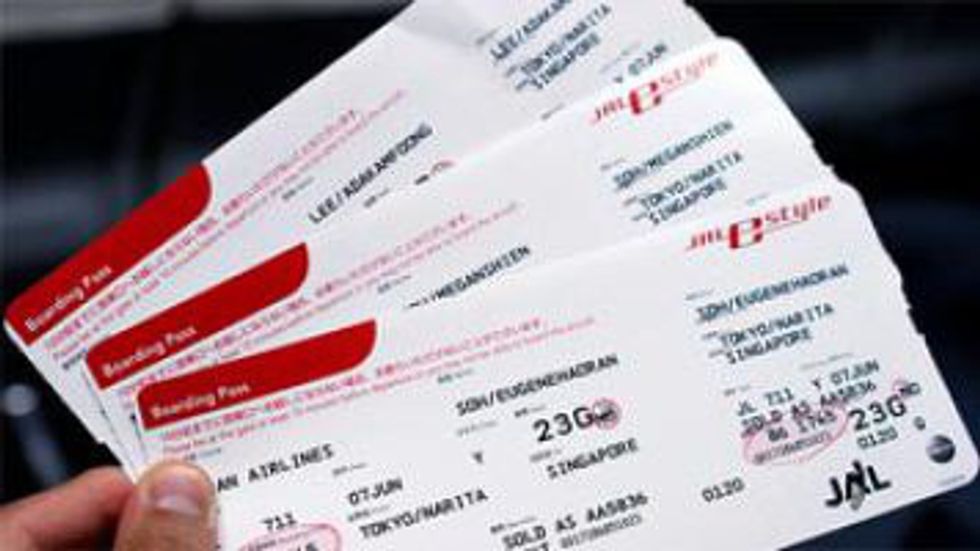Studying abroad can be a really great time, but stressing about money can ruin an otherwise amazing experience. Don't let a poorly-organized budget drag you down:
1. Start Saving Early
If you even think you might travel or go abroad, save up as much as you can before you go. Resist the urge to go shopping and large, unnecessary purchases. The longer you cut back on your spending and save up, the harder it will be at first, but you'll be SUPER glad that you did it!
2. Know The Exchange Rate
The price tag is in yen, or euro, or Swiss Francs. But how much am I actually spending? Be sure to know what the exchange rate is before you, and check back on it occasionally; all you have to do is google it. Knowing what you are actually spending is important for rationing the rest of your trip.
3. Track Your Spending
It will be hard to plan your spending when you first get there because you don't know what your actual needs will be yet. Give yourself a week or two of leeway to figure out about how much you spend in a week. Make sure you count how much cash you take out from the ATM and how much you spend on a card as part of your budget and planning. If you realize you are spending too much, you can try taking out less cash from the machine and seeing if you can adjust your habits.
4. Know Your Bank Hacks
HBank hacks include many things, and all are important. Make sure you properly set a travel notice so that your card will work abroad; also, since debit and credit cards abroad can be tricky, it might help to ask them what to do if it doesn't work before you leave, so that you'll have a backup plan. Ask about how to protect yourself from identity theft and fraud. Ask them if there are any sister banks you should know of; a sister bank will usually charge you fewer fees for using their ATM machines. Your specific bank may have advice for you, so don't be afraid to ask!
5. Buy Tickets Ahead Of Time
While spontaneous travel is always fun, if you are planning big trips and other travel excursions while you are away, planning early and buying tickets in advance will save you a lot of money. Plus, it's less stressful and allows you to shop around before you make any final purchases.
6. Be Realistic
Of course it sounds amazing to spend every weekend in a different city, or buy a completely new wardrobe, or constantly eat at fancy, expensive restaurants. If you only go on a couple of trips, you can afford to spend more on them than you would if you were constantly traveling. Also, if you don't go shopping every weekend, you can buy yourself something fancier. Of course this all depends on what it is you really want, but it might be worth it to take a step back and tell yourself "no."
7. Watch Out For The Little Things
Little things can add up just as quickly as big things, but they'll be sneakier. Pay attention to how many coffees or pastries you buy per week, or how many times you go out for drinks with friends. You don't have to cut these things out of your life, but if you are starting to run low on cash (especially towards the end of your program), these things are easy to cut to make your cash stretch.
8. Remember Bills!
You might have some small regular expenses, such as recharging minutes on a foreign phone, a metro or bus pass, credit card bill, or even groceries. Always make sure these things are taken care of and accounted for!
9. Ask Locals For Advice
Looking for cheap places to eat, clubs that don't have entry fees, the best cell phone provider to get a chip, how to travel cheaply, or what day the museum is free? Ask the people who live here all the time. It could save you a lot of money and time googling good deals.
10. Try Not To Worry So Much
You're abroad. You're going to spend money. Try not to stress over every little expense and enjoy yourself! If you are aware of your financial situation, there's no sense in pinching every penny. Live a little!




























